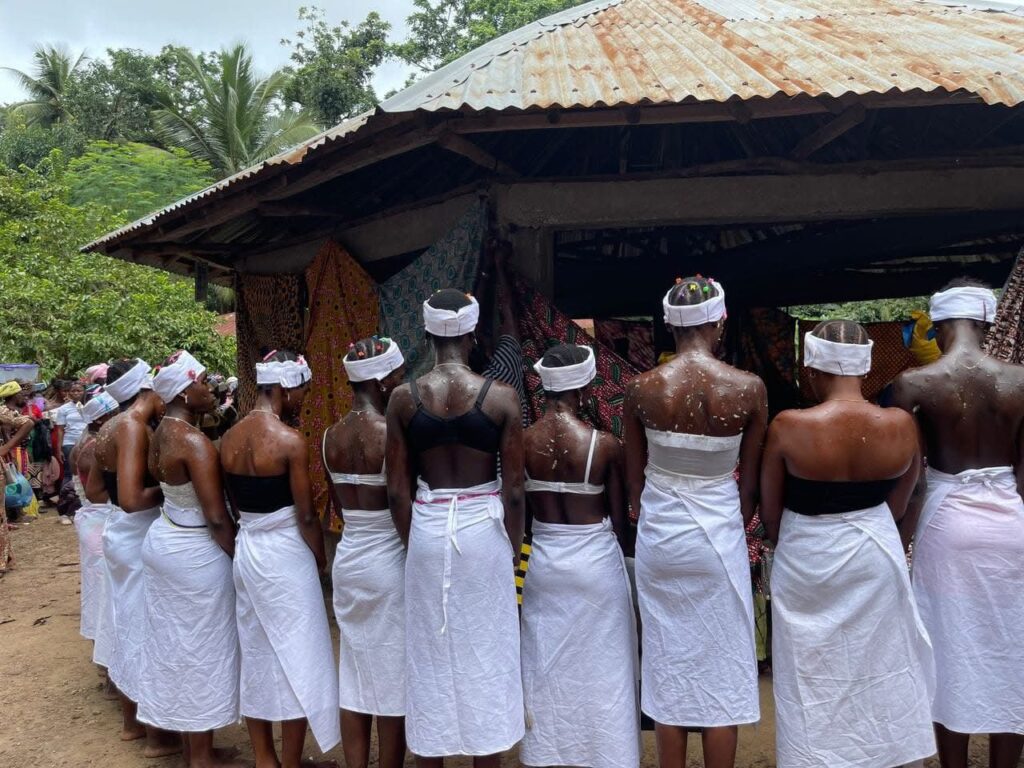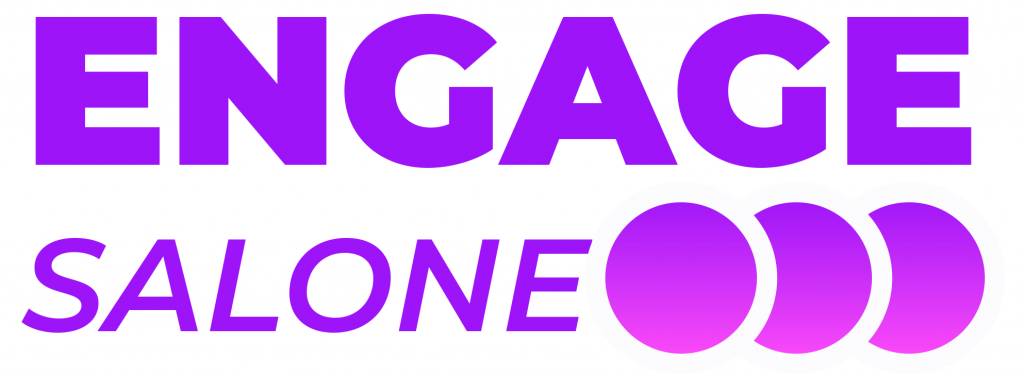Every day, children wake up to a world shaped by choices they didn’t make. But every child, everywhere, also wakes up with rights, including the right to be protected, to learn, and to have their voice heard.
World Children’s Day is meant to be a celebration of progress. A reminder of our duty to create a world where every child can grow, learn, and thrive in safety. Yet in Sierra Leone, this year’s commemoration arrives with a deep and uncomfortable truth: we cannot claim to celebrate and honour children while refusing to confront the violence inflicted on their bodies as we cling to cultural practices like female genital mutilation (FGM) that offer no real benefits.
With the recent amendment to the Child Rights Act, Sierra Leone had a historic opportunity to unequivocally protect girls’ health, safety and the integrity of their bodies. The government could have taken a bold step to name female genital mutilation (FGM) for what it is: a form of violence that inflicts harm on girls. Instead, the law stops short. It avoids the explicit naming of FGM and leaves intact the silence that has enabled generations of harm.
The consequences of that silence are not theoretical or rhetorical. They are written on the bodies and lives of girls.
In Sierra Leone, an estimated 83 percent of women and girls aged 15 to 49 and 71 percent of girls younger than 15 years have undergone FGM. According to the World Health Organisation (WHO), FGM has no health benefits and carries severe, sometimes fatal, risks. This is demonstrated in documented stories of girls dying because of the practice. Girls subjected to FGM have faced immediate dangers such as excessive bleeding, shock, infections, and long-term complications, including chronic pain, sexual dysfunction, infertility, and life-threatening childbirth complications. In Sierra Leone, where the majority of girls undergo FGM before fifteen, these health burdens linger – from childhood to womanhood.
All these conventions obligate Sierra Leone to eliminate harmful practices that endanger children. These commitments are not supposed to be symbolic. They require action, legislation, and accountability.
This year, the demand for accountability became even more explicit and pressing. In a landmark ruling in July 2025, the ECOWAS Community Court of Justice held Sierra Leone responsible for violating the rights of an FGM survivor. The court did not couch its language. It described FGM as “one of the worst forms of violence against women” and affirmed that it meets the threshold of torture under regional human rights law.
The Court went further. It found Sierra Leone to have failed to adopt legislation that criminalises FGM, investigates perpetrators, and provides redress for survivors. It ordered the State to act. That judgment now stands as a regional reminder that silence is not neutrality – it is complicity. And with President Julius Maada Bio serving as the Chair of ECOWAS, the stakes, standards and expectations are even higher.
However, even in the face of this decision, Parliament turned a blind eye. Lawmakers weakened protective clauses and resisted language that acknowledged the reality of harmful practices. The result is a Child Rights Act that speaks loudly about protection but omits one of the most widespread and devastating forms of violence that girls across the country have to endure.
World Children’s Day should never be a day for half-truths. It should not be a day when we celebrate children abstractly while avoiding the hard conversations about what threatens them. If we cannot name FGM, how can we claim to defend girls? If we cannot protect their bodies, how can we promise them futures where their rights are guaranteed? The result is an enduring cycle of violence that is enabled by a State that has consistently squandered an opportunity to act.
Sierra Leone has the chance to be on the right side of history. To move beyond political caution and cultural defensiveness and toward a clear, principled commitment to child protection. That means revising the law to explicitly prohibit FGM. It means investing in survivor-centred care and public health responses. It means training health workers, social workers, police officers, and traditional leaders to protect children, not preserve harmful silence.
Most importantly, it means listening to girls who have been brave enough to tell their stories. Their courage lights a path. Our duty is to follow it.
This year’s World Children’s Day is a call to action. It serves as a reminder that protecting children is not an abstract ideal but a daily moral choice. And it begins with the simplest act of naming harmful culture and choosing to end it.
About the author
Juliet Mamawa Kaikai is a Sierra Leonean lawyer and feminist. She is a Leadership & Advocacy for Women in Africa (LAWA) fellow and an LLM student at Georgetown University in the United States.


